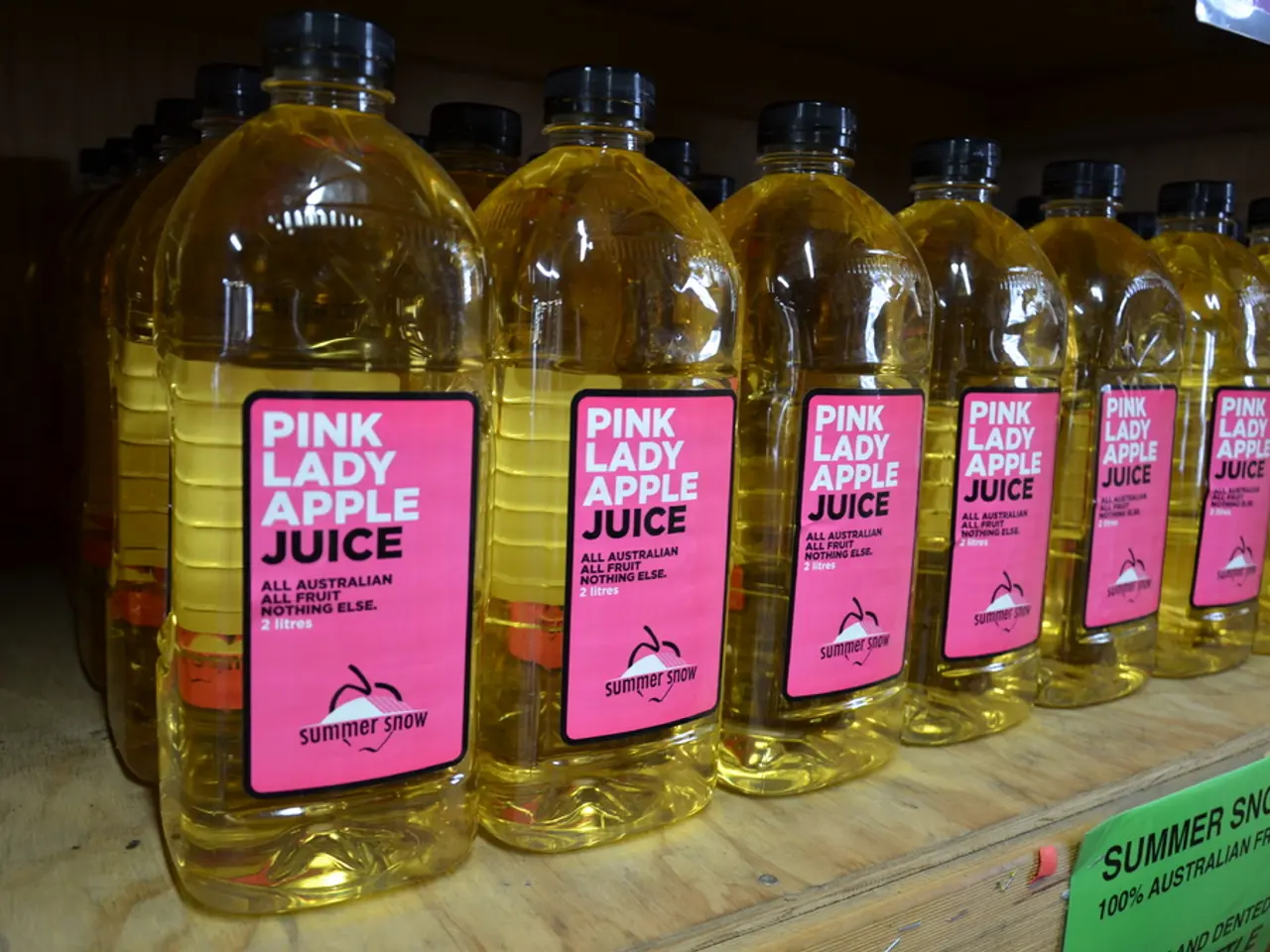Exploring if cranberry juice offers benefits for managing gout symptoms.
In the realm of arthritis, gout stands out as a particularly painful and inflammatory condition. Characterised by sudden and severe joint pain, inflammation, and tenderness, gout occurs when uric acid crystals form in the joints due to an excess of this substance in the body.
People with gout or those prone to gout flares should be cautious about consuming excessive amounts of sugar, as it can contribute to weight gain and potentially exacerbate symptoms. However, when it comes to cranberry juice, the picture isn't so clear.
Cranberry juice, known for its potential health benefits and low purine content, has been suggested as a potential aid in managing or preventing gout. Yet, current scientific evidence does not specifically support this claim. While cranberry juice may acidify urine, this effect is actually considered counterproductive for uric acid kidney stones, which are related to gout.
In contrast, cherry juice, especially tart cherry juice, has demonstrated anti-inflammatory effects and some evidence for lowering uric acid levels and reducing gout flare-ups.
Hydration and diet play crucial roles in managing gout. Drinking plenty of water supports kidney function and uric acid elimination, which helps prevent gout attacks. Avoiding high-purine foods, alcohol, and sugary drinks is recommended, alongside medications when needed.
In summary, while cranberry juice may not be beneficial for gout management or prevention, tart cherry juice and standard hydration practices are strongly recommended. If you are managing gout, it is advisable to focus on established dietary and medical approaches rather than cranberry juice.
It's worth noting that cranberry juice is a natural food that may have health-promoting properties, but its direct effects on gout management or prevention are not supported by specific studies. If a person is considering changing their diet, discussing this with a doctor is advisable. They can make recommendations based on the person's health and specific situation.
Lastly, it's important to remember that various factors can trigger gout flares, including diet, alcohol consumption, obesity, and certain medications. The most commonly affected joint is the big toe, although gout can also affect other joints such as ankles, knees, wrists, and elbows.
In the ongoing quest for effective gout management, staying informed and discussing dietary changes with a healthcare professional is crucial.
- Consuming excessive amounts of sugar can potentially worsen gout symptoms in individuals who are prone to gout flares.
- Cherry juice, specifically tart cherry juice, has demonstrated anti-inflammatory effects and the potential to lower uric acid levels, which may help reduce gout flare-ups.
- Adequate hydration is essential for preventing gout attacks, as it supports kidney function and uric acid elimination.
- In managing gout, it is recommended to avoid high-purine foods, alcohol, sugary drinks, and to discuss any dietary changes with a healthcare professional.




